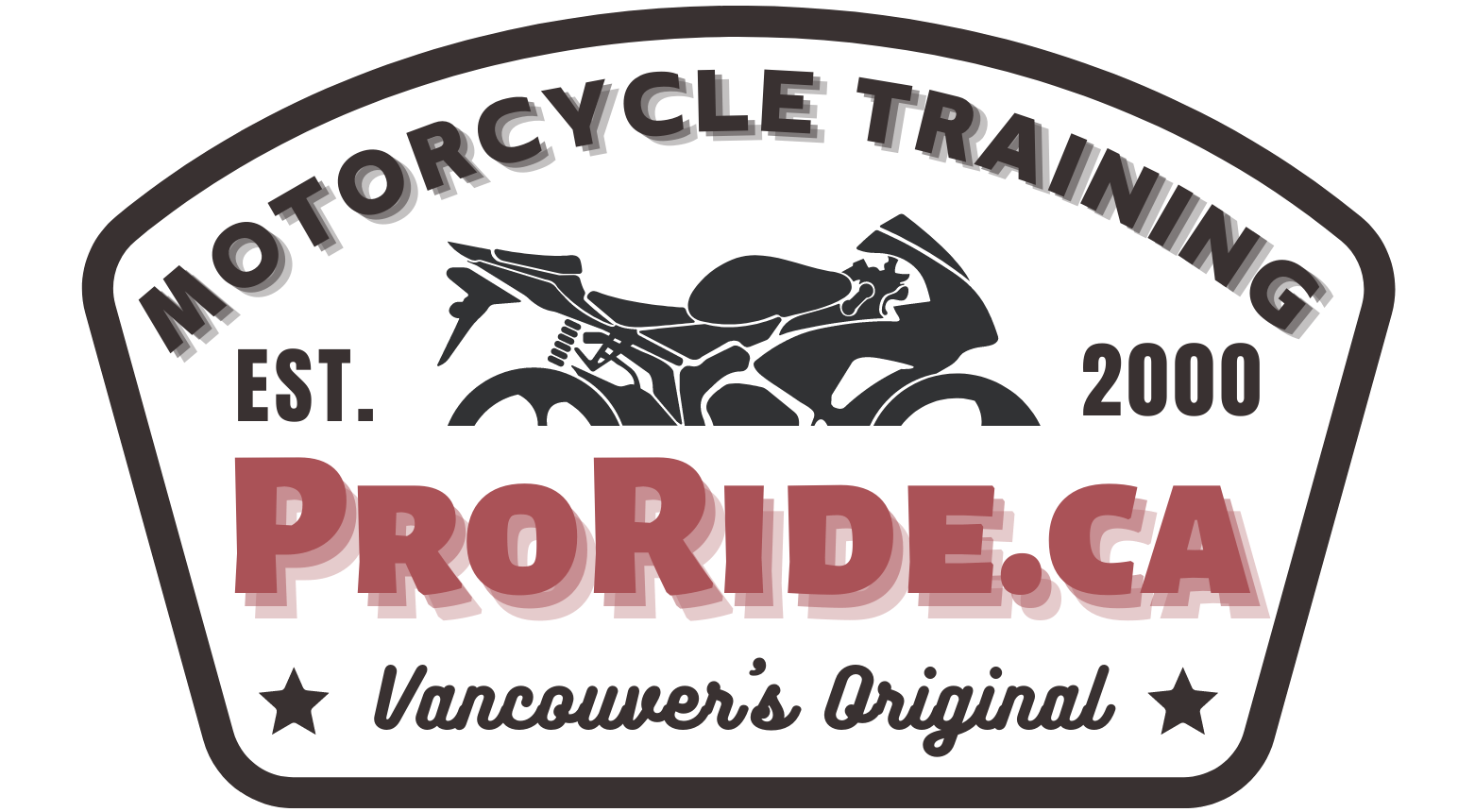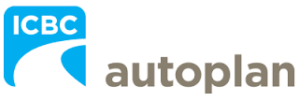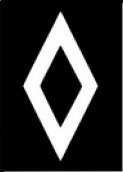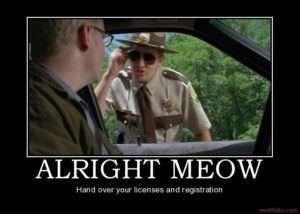How to pass the ICBC Motorcycle Road Test
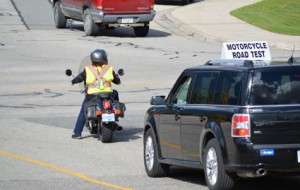
“I’ve been driving/riding for years; I should have no problem passing a motorcycle road test!”
This is a phrase that we hear often when discussing road testing with students and potential students in British Columbia. The unfortunate truth is actually quite alarming, as many people with significant driving experience (and even riding experience) have failed the ICBC Motorcycle Road Test. Some have failed it more than once.
Many years of experience driving in Vancouver, Burnaby, Richmond, Coquitlam, etc. are excellent when it comes to safely navigating the streets, but chances are a few bad habits have cropped up along the way.
Unfortunately many applicants are vastly under-prepared to meet this challenge. Some riders come in with years of dirt-biking or racetrack experience, and have prepared for this test by riding in the dirt or on the track, confident that their knowledge of motorcycle handling and control fundamentals will carry them through the road test. The fact is that while your off-road bike is fundamentally identical to a street bike, there’s a good chance that yours doesn’t come with mirrors or turn signals. Even if it does, are you really using them off-road? Balance, coordination and clutch-control are a small part of the road test, but beyond that what is being scrutinized on a motorcycle road test is your knowledge and application of rules and lines and signs, your decision-making in traffic as well as your use of mirrors and turn signals.
“But I have been driving for XX number of years! I know all about the rules, lines, and signs!” This is true of many applicants, many of whom fail the road test anyway, because quite frankly, how many experienced drivers out there are following every rule every time? Many road test applicants with previous driving or riding experience may have learned to drive out-of-province where rules, line and signs may be different. Even those that learned to drive locally XX years ago struggle on the road test because they are fighting against XX years of bad habits.
For example, do you know what speed to drive when you encounter these School Zone or Playground Zone signs?


If you think that 30km/h is the required speed when facing these signs then you’re absolutely wrong. So many people don’t truly understand the nuances of each sign.
So how do you pass an ICBC Motorcycle Road Test? It’s a simple matter of following these steps:
- Start by making certain that you are familiar with the process for Motorcycle Licensing:
www.proride.ca/courses/how-do-i-get-a-bc-motorcycle-license/ - You can’t win the game if you don’t know the rules. Whether you’ve been driving for 3 months, 3 years or 30 years, make sure to re-read the ICBC “Learn to Ride Smart” Textbook, provided for free by ICBC, and refamiliarize yourself with the rules, lines and signs.
- Get out in the streets and ride 1000km or more. Road test applicants with significant street time are more likely to pass the road test on the 1st attempt. Keep in mind:
- While riding make sure to follow every rule, every time! You are being tested on your knowledge and adherence to the rules!
- Riding a bike 1000km in the dirt, on the racetrack or primarily on highways is not adequate preparation for this test!
- Your 1000km should ideally include a balanced mix of city streets and highway time.
- Road tests are conducted “rain-or-shine”. Make sure to get practice your rain-riding so that you are confident on test-day no matter what Mother Nature brings on that day.
ProRIDE’s Survival Rider Program is designed to take both new & experienced riders through the entire licensing process. Students will be given the tools needed to not only ride safely, but to progress through the class 6 and class 8 licensing system to challenge the ICBC Road Test.
